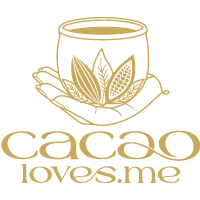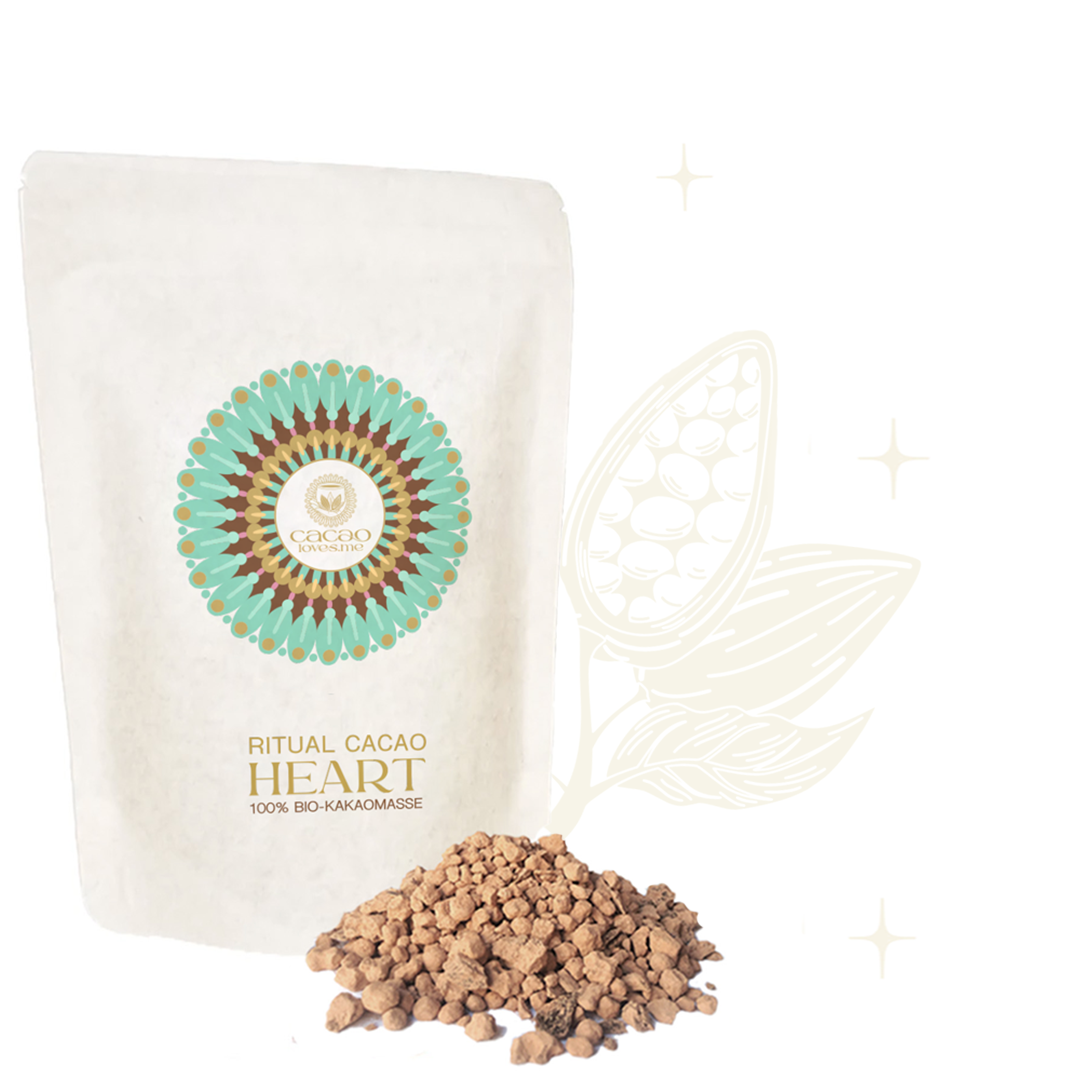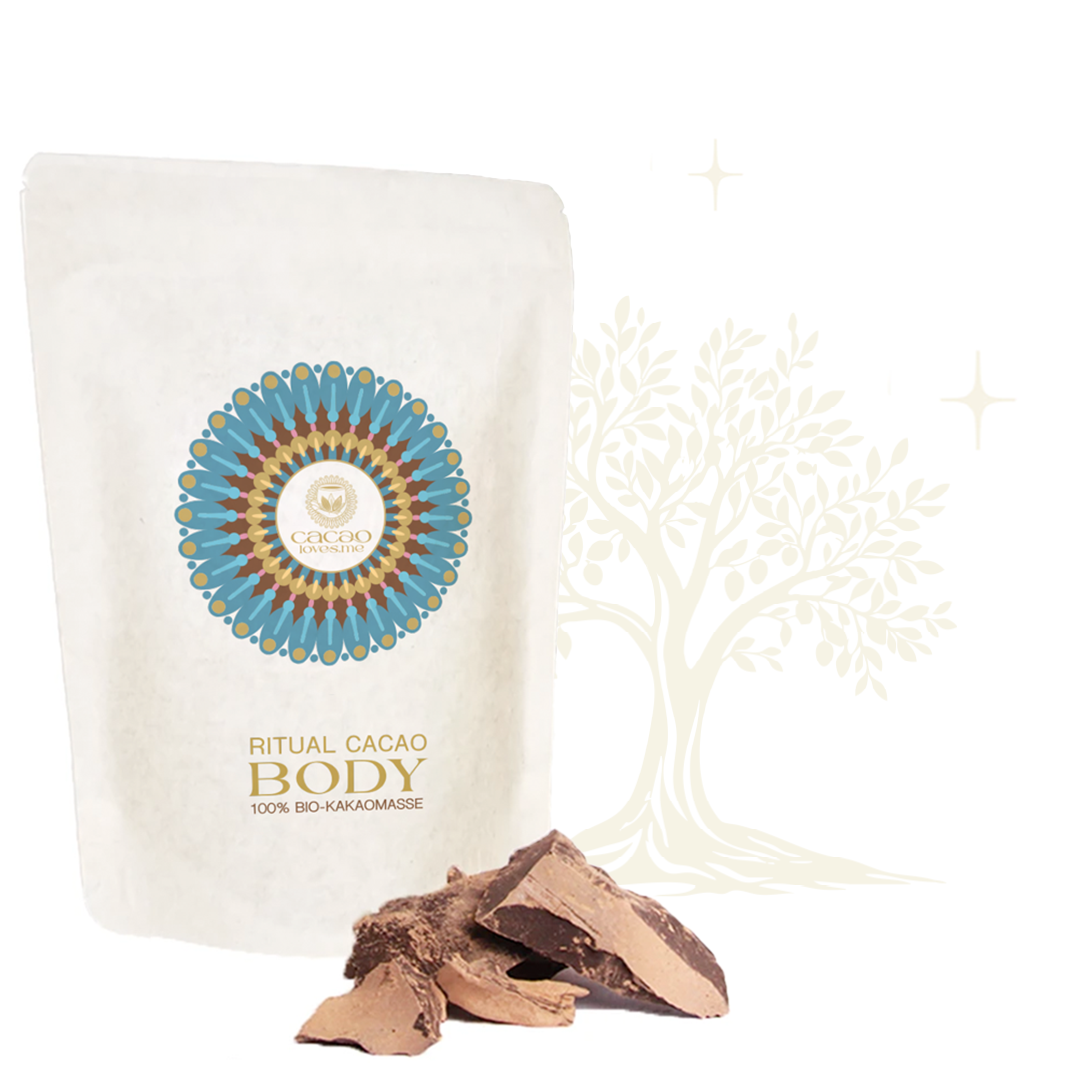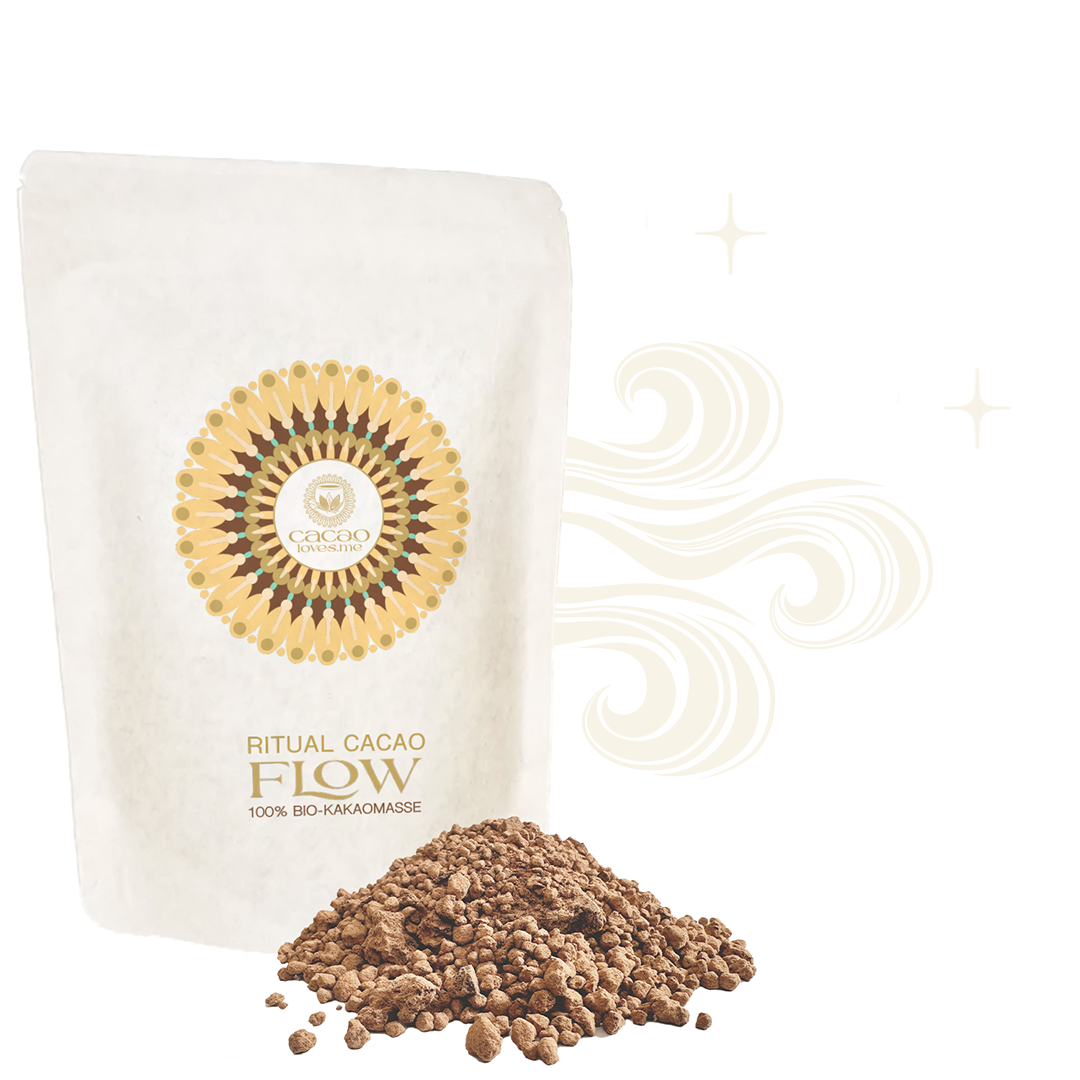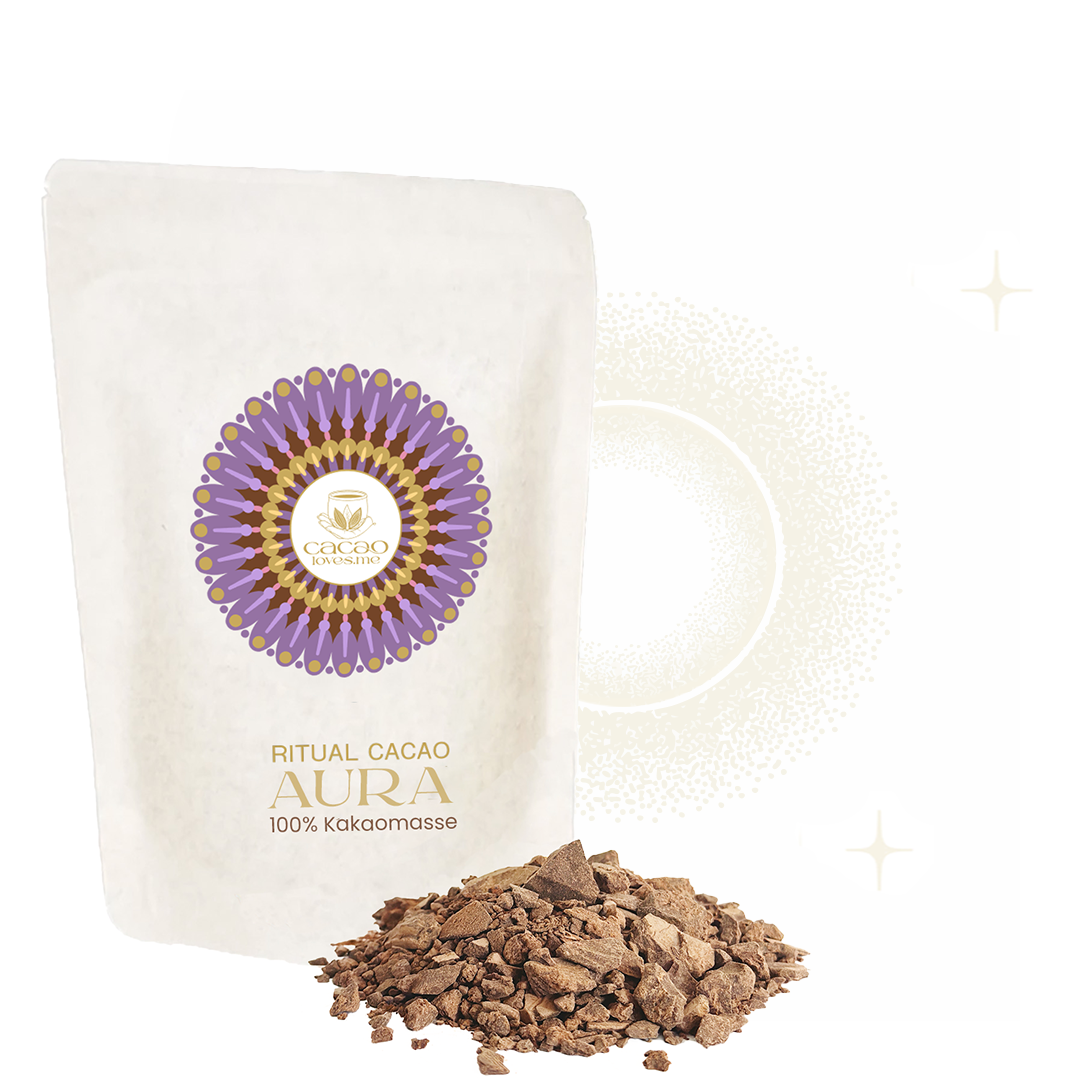In her travelogue, Naomi tells us about her touching encounter with the Bribri tribe, who live from cacao exports and where the spirit of cacao is alive. During her one-month journey, she found what so many here in Europe are longing for: universal connection, sharing, peaceful coexistence and responsibility for one another.
Guest post by Naomi Hattler
In search of cacao
I had heard of the Bribri - at the very beginning of my month-long Costa Rica trip when I was traveling on the Nicoya Peninsula. I was looking for cacao because it would have seemed extremely inappropriate to transport cacao packaged in Germany to Central America. The woman at the local market raved about the Bribri Tribe and I immediately bought a whole kilo from her. A coarsely ground dark Criollo that goes deep and invigorates the whole body. I still have a little of it in my kitchen cupboard and just thinking about it now, I see, feel and taste the intensity and connection that shaped every single day in Costa Rica. Especially the day I was supposed to meet the Bribri tribe near the city of Puerto Viejo de Talamanca.

Meet a local
It's my first day in Puerto Viejo, I've just finished a day's bus trip and meet Mynor at the small town's central bus station in the morning. I'm open to everything - after 3 weeks here, almost at the end of my journey and completely in the relaxed, lively Pura Vida flow.
Already at the beginning of our day trip together, which only I booked today, I notice how attentive and connected Mynor is to its environment. At every turn he points out animals that can be seen in trees directly on our path or somewhere in the distance, which in most cases escape my attention. Mynor is part of Bribri. He grew up in one of the tribe's villages, then studied in Germany for 4 years and, like many others, returned. Now he shares his culture with tourists and leads, among other things, jungle survival experiences, mainly for American and European adventurers.
The Bribri live from cacao in two ways
“How many cups do you drink in a day?” I ask Mynor later and without hesitation he replies, “I can drink like 12 or 15 cups”. Cacao is an integral part of your everyday life. They produce cacao paste all year round and drink fresh cacao. It shapes and supports the entire coexistence of the Bribri. "You never turn down a cup of cacao," I'm told. The children and the elderly - everyone drinks cacao and there is a relaxed atmosphere in the village. The newborns are washed in cacao after birth and the dead are rubbed with cacao last of all. These "purifications" are carried out by a selected member of the community and the cacao for ceremonies is only prepared by a special woman, because everyone has a clear task in the tribe.

On the other hand, the Bribri live largely from exports. Cacao beans and the bananas that grow here are exported to Europe. The two plants are grown together. Because it is essential that the demanding Criollo cacao trees are surrounded by a large number of other trees. Among them, tall deciduous trees are important to ensure ideal half-shade lighting conditions and fruit trees and palm trees to keep animal cacao lovers, such as squirrels, away from the protein-rich fruits.
The mass export of cacao started here at the beginning of the 20th century. This was followed by a devastating, widespread fungal infestation of “Monilia roreri”. That is why in the jungle you can still find abandoned cacao farms that were left in distress back then. In the Bribri monotheistic faith, the invasive fungus is also seen as a divine punishment for the heavy commercialization of cacao. Even today, around half of the fruit is infested.
Spirituality of the Bribri
During the day in the Bribri village, I quickly realize how great the awareness of an omnipresent divine presence is. Mynor tells me the mythical story according to which the god (pronounced: Sibó) wants to hold a great ceremony in honor of his house, the universe. Descending to earth in the form of an old man, he asks three sisters, one after the other, for shelter. He explains that he would invite her to his big party. After the two older ones send him away angrily, the youngest finally lets him into her house. The next morning, the god reveals his secret and rewards the youngest sister for her generosity by turning her into a cacao tree: Tsirú.
Cacao is for everyone
Cacao is a gift. The embodiment of generosity and community: “Cacao is for everyone.” It's about sharing and peaceful coexistence, which can be felt on every corner in the village. At the end of my impressive tour, I get the opportunity to carry out every production step myself, from the sun-dried beans to the thick cacao paste. Other people are sitting in the large, half-open hut. There is a lot of laughter and jokes, amidst this lively atmosphere we roast and grind the cacao and finally drink the freshly ground cacao paste, dissolved in warm water with cornstarch and cinnamon.
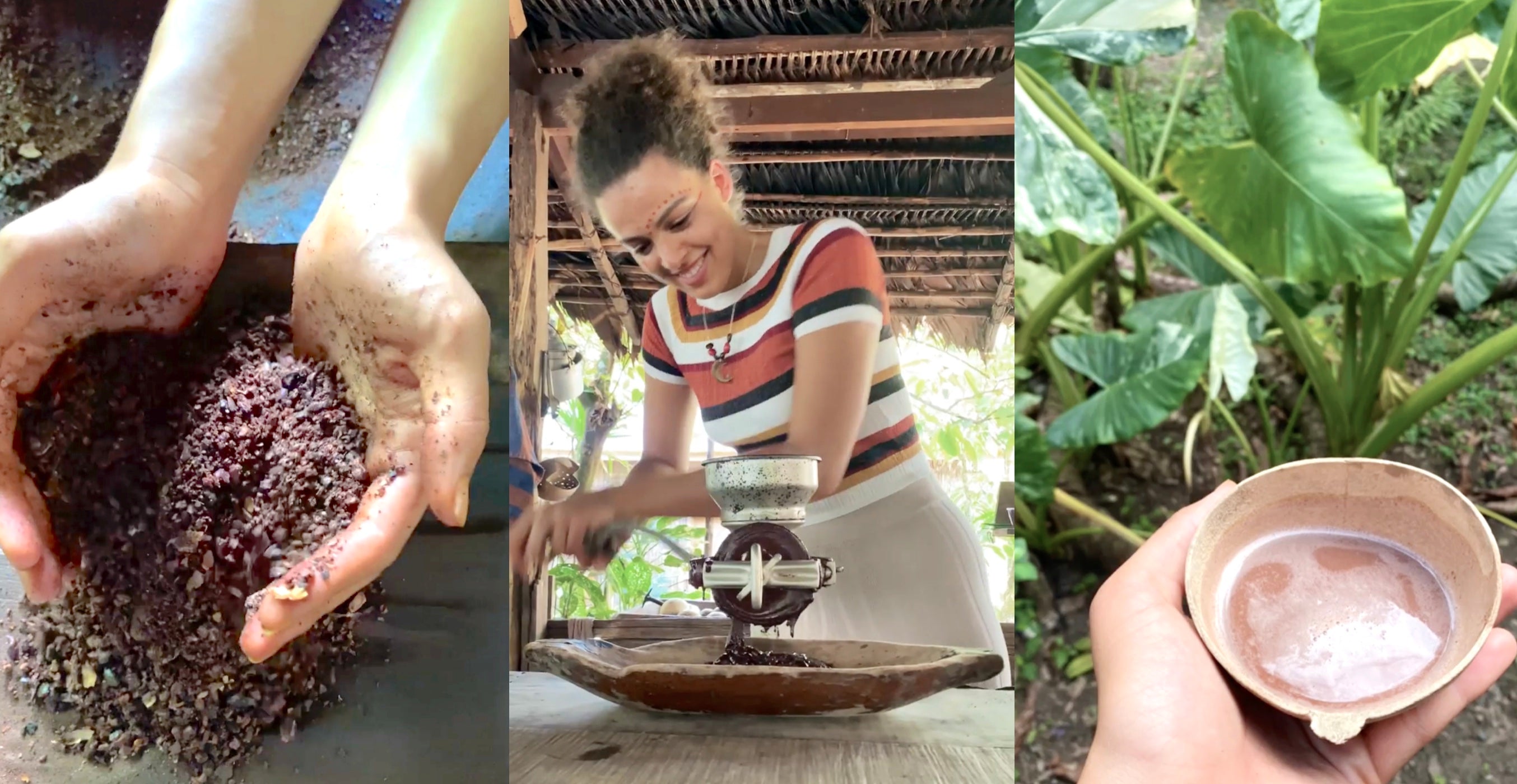
Sharing & harmony - the highest values of Bribri
“How does it feel to share all of this? Giving so much insight into life here?” That's what I ask Mynor on our Zoom call a few months later. "Very good," he says. His ancestors gave him rules about what can and cannot be shared. It is important to him to make visible the origins of chocolate as we know it. I ask him if he also feels angry at the colonialists. He says: “In the beginning it was. But we live in different times." In everything he says, it becomes clear that sharing and harmony are the highest values of Bribri. Taking responsibility for one another and allowing real human connection are a matter of course here, growing out of the spiritual awareness that everything is connected.
Cacao creates connection
If there is one thing Costa Rica has shown me, it is an intense all-connectedness that so many here in Europe seem to yearn for. I really believe that we can learn a lot from cacao and the places where it grows. Because the cacao transports this connection to our cups on the other side of the Atlantic. This way of being and living together, which I experienced with the Bribri, is a very natural way of being that we can also rediscover in our lives and cultivate more and more. The ceremonial cacao opens us to get in touch with the deeper essence of all being. In us, among each other and in everything that surrounds us. That is the magic and the simple matter of course of cacao.
We unmask any sense of separateness when we engage with what cacao brings to us here and now. It can open us to wisdom about the nature of the world, our deepest desires, and the pure, real, authentic connection we crave. Because he comes from a world in which all this is lived as a matter of course.

Cacao is a gift. And he is here to come alive in us
I am very grateful for this insight into the indigenous Bribri Tribe and above all I feel very empowered in my work with ceremonial cacao. Because my approach was very intuitive right from the start. And now I feel very clearly that all further knowledge about the origins, traditions and all aspects of everyday life around the Central American medicinal plant can greatly enrich this work. However, when I think of the incredible joy, the hustle and bustle, the relaxed all-connectedness in that village, it is very clear that ultimately it is about bringing the effect, the spirit of cacao to life in one's own actions and being.
with love
Naomi
About Naomi
Trusting inner and interpersonal connection is an important topic for Naomi when working with cacao. This can also be felt in her English-language podcast Cacao Spaces and in her membership platform, in which she regularly creates spaces for self-awareness and encounters. She works with other international facilitators and opens spaces for depth and authenticity with Cacao Spaces . She also offers personal transformation support online and offline in the form of 1:1 Cacao Journeys. More info about Naomi and Cacao Spaces on Instagram @na__om__i / @cacaospaces and at cacaospaces.com ➚ .
